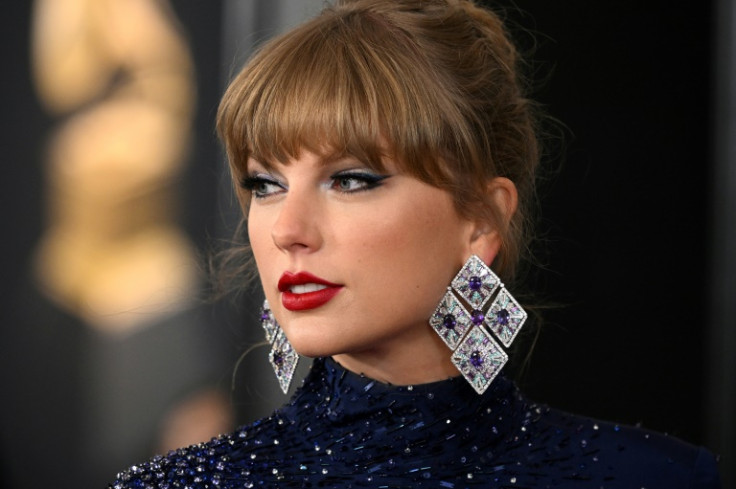Taylor Swift Owns Her Music Again: Quick Facts About the Scooter Braun Feud and Buyback
Taylor Swift buys back her first six albums in $405 million deal, ending feud with Scooter Braun.

Taylor Swift has officially reclaimed ownership of the master recordings for her first six studio albums — closing the chapter on a years-long power struggle that has captivated the music industry and ignited global debates about artistic control.
On 30 May 2025, Swift announced she had bought back the rights from Shamrock Capital, the private equity firm that previously acquired the catalogue from Scooter Braun's Ithaca Holdings. The deal, while confidential, is reportedly worth hundreds of millions and includes not only the audio masters but also the associated artwork, music videos and unreleased tracks.
For Swift, this is more than a financial coup — it's a personal triumph, and one with ripple effects far beyond her discography.
A Feud That Redefined the Industry
The saga began in June 2019, when music executive Scooter Braun bought Big Machine Label Group, gaining control over Swift's early catalogue in the process. Swift, blindsided by the sale, accused Braun of years of bullying and said she was denied the opportunity to buy the rights to her own music.
Just over a year later, Braun sold the catalogue to Shamrock Capital for around £318 million ($405 million). Although Shamrock expressed interest in collaborating, Swift declined due to Braun's continued financial ties to the deal, a decision that led her to embark on an ambitious re-recording campaign.
Re-Records That Changed the Game
What began as a protest became a cultural and commercial masterstroke. Swift's re-recorded albums — Fearless (Taylor's Version), Red (Taylor's Version), Speak Now (Taylor's Version) and 1989 (Taylor's Version) — dominated the charts and reshaped the narrative. Fans and critics applauded both the sound and the statement, while the market value of Braun's versions dropped significantly.
By licensing her own versions to film, TV and advertisers, Swift starved the originals of exposure and profits. The move turned into a full-scale movement, galvanising artists across genres to reconsider their contracts and creative autonomy.
Power, Profit and a Tattoo Promise
Swift's financial standing by 2025 gave her major leverage. With the record-smashing Eras Tour generating over £1.6 billion ($2 billion) in gross revenue, she had the means to negotiate a buyback on her terms. Reports suggest the deal was valued between £235 million and £280 million.
In a statement to fans, Swift revealed she cried upon finalising the deal and thanked Shamrock for their respectful approach. She even joked about getting a shamrock tattoo in their honour. Shamrock, for their part, acknowledged the significance of the moment and transferred the rights without keeping a stake.
What's Still to Come?
With her masters secured, Swift is free to deploy them however she sees fit. She's confirmed that a re-recorded version of her debut album Taylor Swift is complete and awaiting release. Meanwhile, Reputation (Taylor's Version) remains on hold, with Swift admitting it has been the hardest emotionally to revisit.
Her decision to fight for ownership and follow through with re-recordings has become a landmark case for artist rights. It's not just a personal victory, it's a cultural shift, prompting widespread conversations around equity, legacy and control in an industry often dominated by corporate interests.
Taylor Swift's buyback is a symbol of persistence, power and principle. It cements her status not only as a chart-topping artist but as a businesswoman rewriting the rules. In reclaiming her past, she has reshaped her future and set a new precedent for every artist who's ever been told they don't own their own voice.
© Copyright IBTimes 2025. All rights reserved.



















